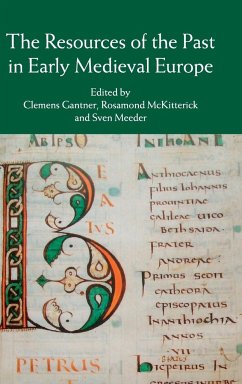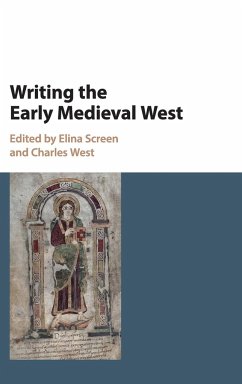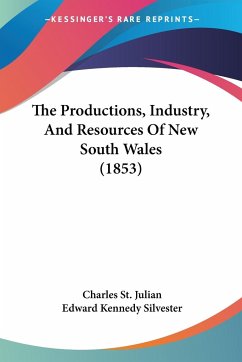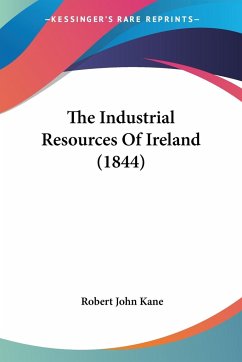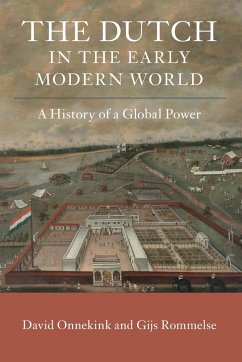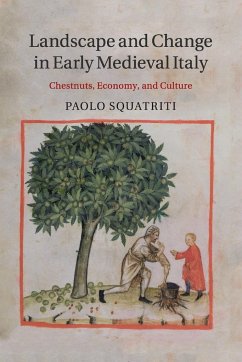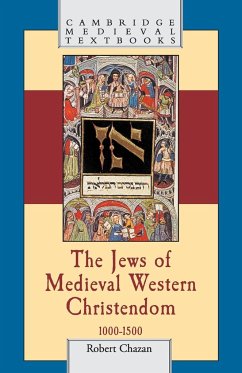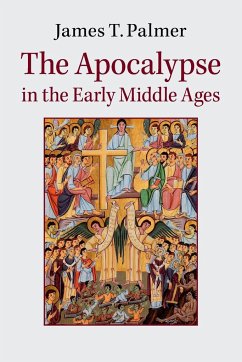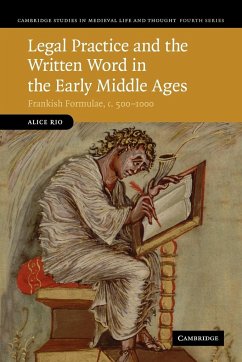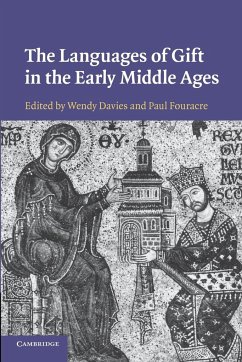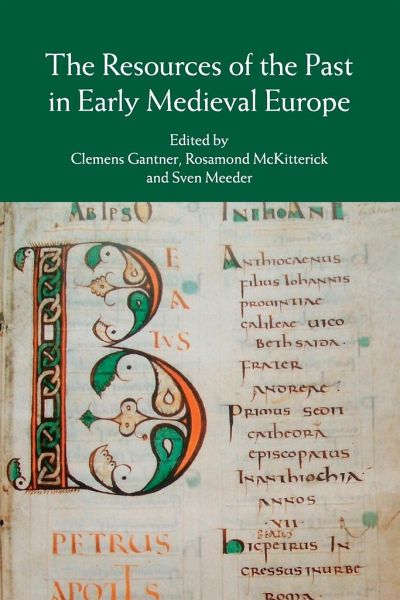
The Resources of the Past in Early Medieval Europe
Versandkostenfrei!
Versandfertig in 1-2 Wochen
47,99 €
inkl. MwSt.

PAYBACK Punkte
24 °P sammeln!
New texts and original manuscript material are presented in a range of case studies to establish the crucial role played by the textual resources of the past in actually forming, and not merely reflecting, the cultural memory and identities of political and religious communities in early medieval Europe.





